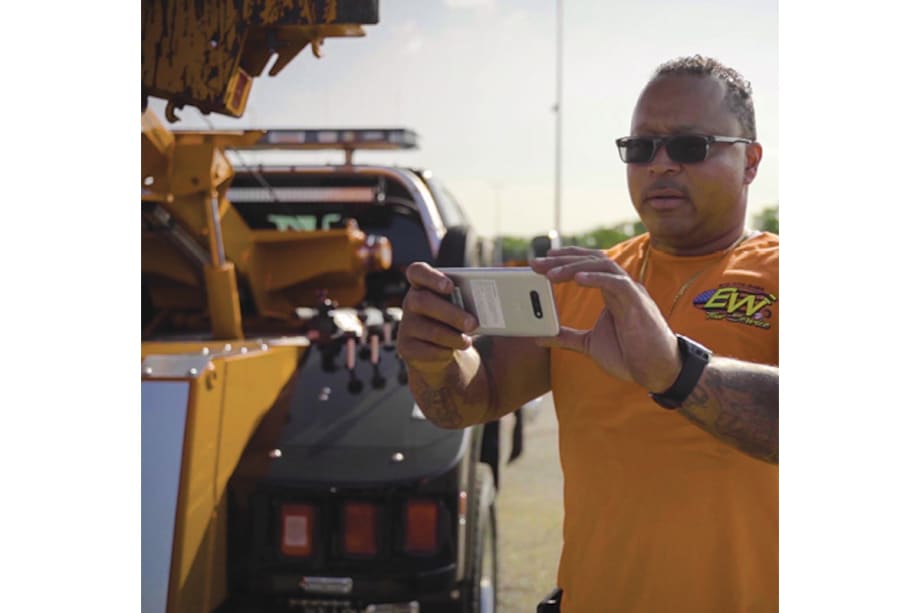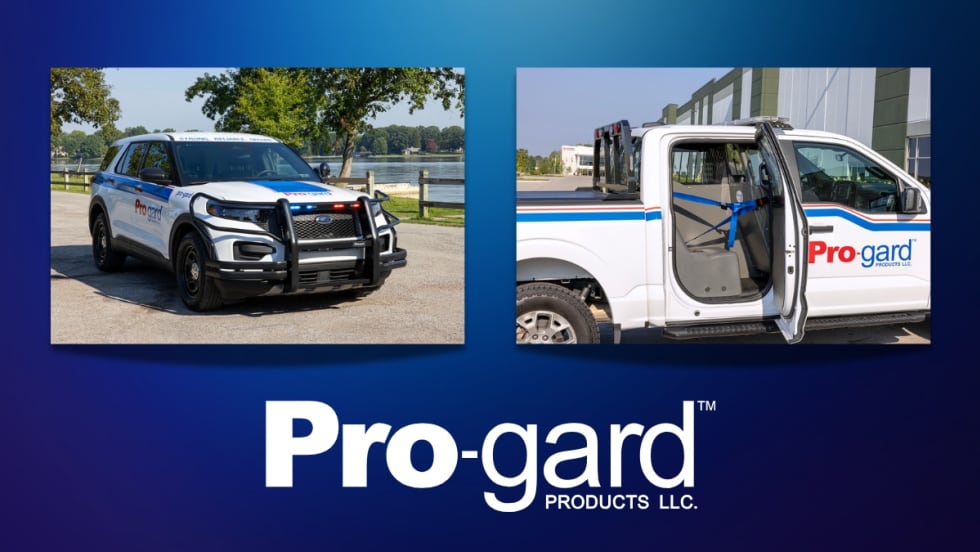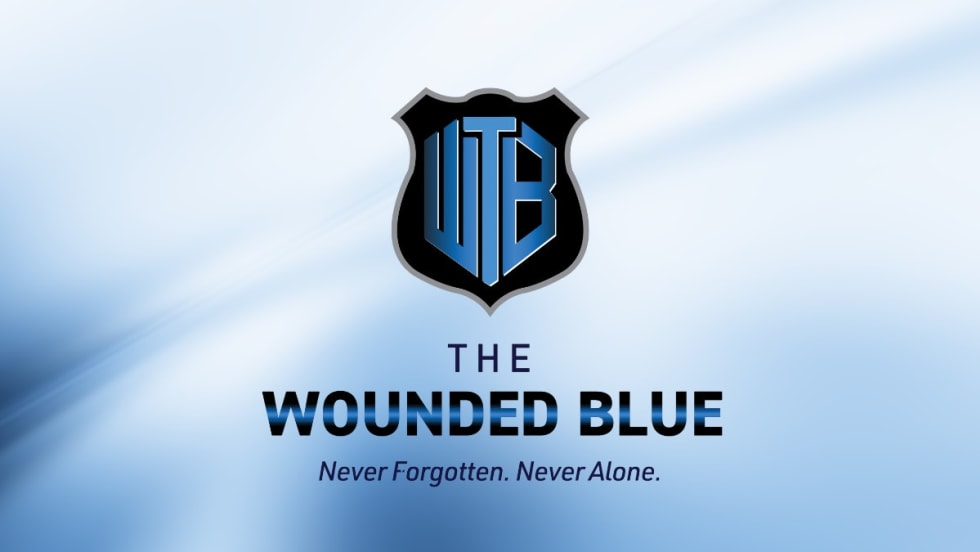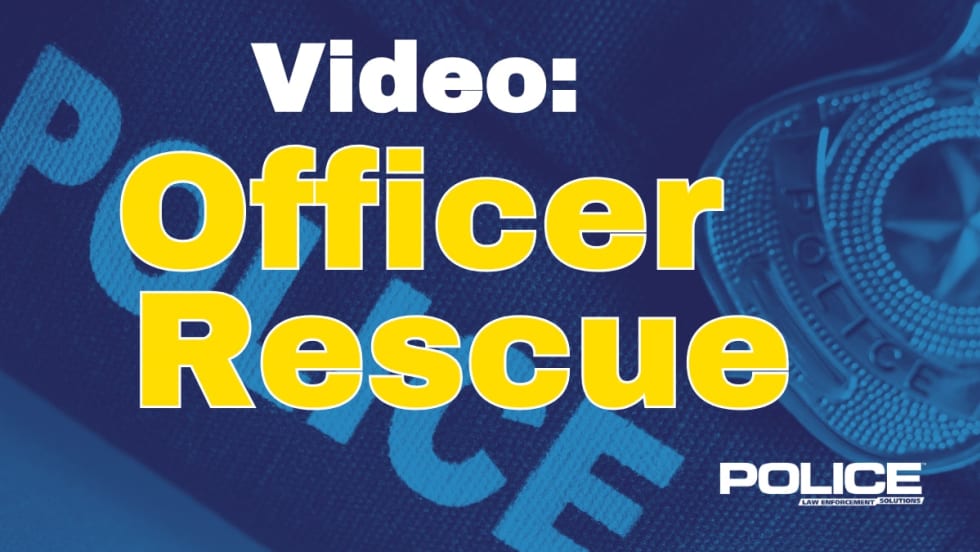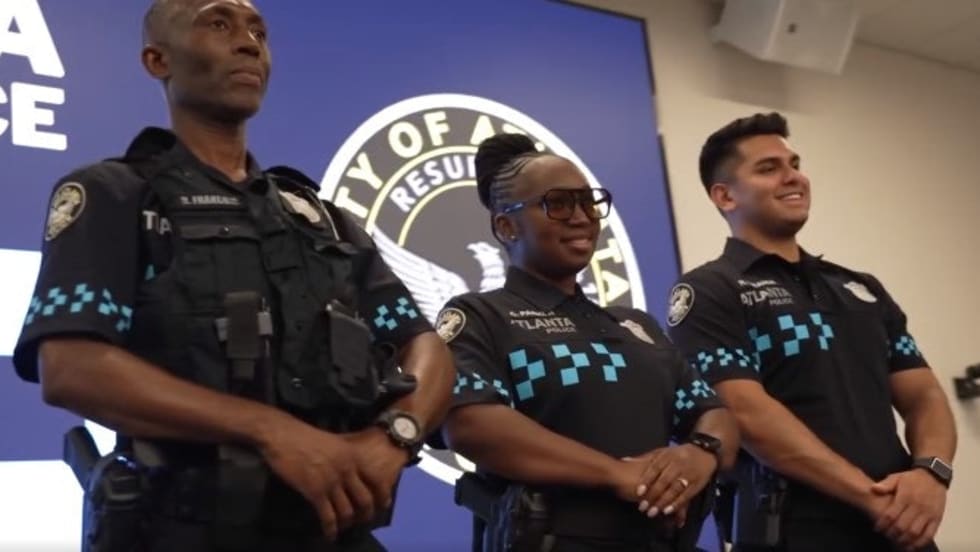Right before the dotcom bust of 2000, John Wicker joined a venture capital firm. It did not survive the collapse, which left Wicker looking for other opportunities. “I wanted to create an applied technology company, addressing an old world problem,” he says.
The “old world problem” Wicker decided to address was vehicle towing by law enforcement agencies and other government entities.
In 2002 he launched AutoReturn with the goal of making towing more efficient, reducing the risk to officers during the towing process, and improving the impound and release process. “We wanted to create a platform that would track the vehicle from the beginning of the tow request all the way through the life cycle of the tow and through to the final disposition—release or sale—of the vehicle,” Wicker says.
AutoReturn’s first client was the City of San Francisco. Today, the company has contracts with more than 30 municipalities.
The government entities that contract with AutoReturn do not pay directly for the company’s services. The company takes its payment in the form of a fee charged to the owner of the towed vehicle. “We recommend a nominal fee in the $20 range,” Wicker says.
For that nominal fee, both the people whose vehicles are towed and AutoReturn’s government clients receive a number of benefits.
Because AutoReturn tracks the towed vehicle throughout the process, citizens always know the location and status of their vehicles. This eliminates the chance of the vehicle being misplaced or the owner being sent to the wrong impound yard to claim it. “Insurance companies love this because it gives them the ability to find their insured’s vehicle more quickly,” Wicker says.
On the government side, efficiency is one of the primary benefits of the service. AutoReturn says it can cut the tow response time from 30 minutes down to less than 10 minutes. “That has a real impact on law enforcement and public safety,” Wicker explains. “It’s putting police back on patrol faster.”
Cutting the response time for towing calls is not just about officer efficiency. It’s about officer safety. The more time officers are on the side of the road waiting for a tow truck, the more vulnerable they are to being struck by a vehicle whether in their cruiser or on the side of the road. AutoReturn customer Fort Worth reports that secondary accidents—the kind that kill cops—have been greatly reduced.
Wicker says the company’s service is similar to Uber, in that it doesn’t own the towing companies. It works with them to fulfill customer requests. “At the core, AutoReturn is a cloud-based software solution tailored for municipalities to create a seamless fleet from existing local towing companies,” he explains, adding that the company is much more than a technology provider. “Our solution is a combination of people, processes, and tools. The key thing with our process is we manage the workflow at all stages.”
Officers who work for agencies where AutoReturn is in use can access the service three ways. They can initiate a towing request via AutoReturn’s app, input the request into the systems on their patrol vehicles, or the old fashioned way—by radioing their dispatch command center.
Fort Worth says AutoReturn has saved more than 30,000 hours in police communications and recordkeeping.
Wicker says that the greatest indicator of the quality of AutoReturn’s service is that not one client has dropped it after signing up. “Our churn rate is zero. That shows that we’re providing value and our solution is unique."
www.autoreturn.com


